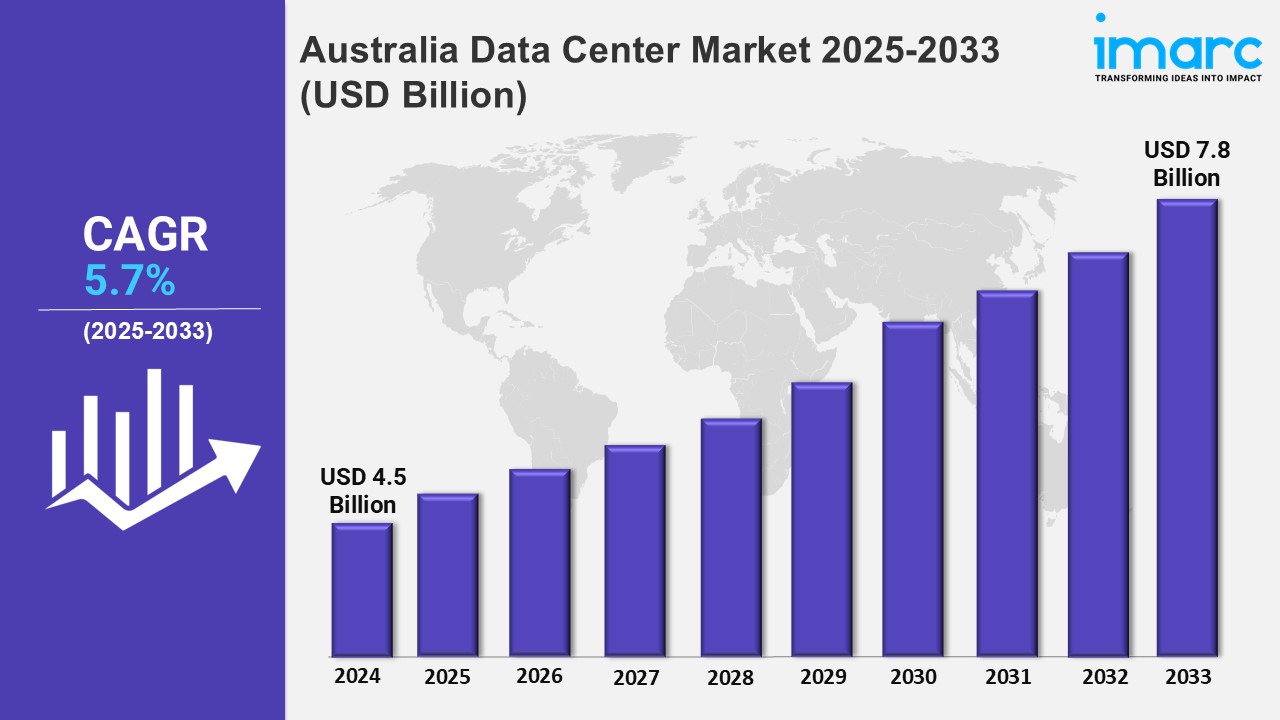Enterprise IT infrastructure has grown tremendously over the last decade.With remote and hybrid work trends gaining momentum after COVID-19, the complexity of IT infrastructure has multiplied manifolds.The rise of edge computing, internet of things and trends like bringing your own device has made matters worse.
To ensure visibility and control over your IT infrastructure, businesses need to create and implement different types of IT policies. This article will highlight five different types of IT policies your business must create and implement.
Why Every Business Must Have An IT Policy?
An IT policy is essential for every business, regardless of size or industry, for several key reasons:
1. Security and Data Protection:
An IT policy establishes guidelines for protecting sensitive data and intellectual property.It helps prevent unauthorized access, data breaches and other cyber threats, ensuring the security of the company’s digital assets.
2. Compliance and Legal Requirements:
Many industries have regulations and standards regarding data handling, privacy, and security.An IT policy helps ensure that a business complies with relevant laws and regulations, reducing the risk of legal issues and penalties.
3. Operational Efficiency:
Clear IT policies streamline processes by defining best practices for using technology such as Hostnoc dedicated Gaming servers and managing data. This can improve productivity and reduce downtime caused by technical issues or misunderstandings.
4. Risk Management:
An IT policy helps identify potential risks and outlines procedures for mitigating them.This includes guidelines for incident response, disaster recovery and business continuity planning, ensuring that the company can quickly recover from disruptions.
5. Employee Awareness and Accountability:
An IT policy educates employees about their responsibilities and the proper use of company technology and resources. It sets expectations for behavior and helps prevent misuse or abuse of IT systems.
6. Standardization and Consistency:
By providing a standardized approach to IT management, an IT policy ensures consistency in how technology is used and managed across the organization.This can lead to better coordination and communication among teams.
7. Protecting Company Reputation:
A robust IT policy helps protect the company’s reputation by safeguarding sensitive information and ensuring ethical behavior.This is particularly important in an era where data breaches and cyberattacks can quickly damage a company’s public image.
8. Supporting Business Growth:
As a company grows, its IT needs and infrastructure become more complex. An IT policy provides a framework for scaling technology and systems such as Cloud hosting when to ensuring they can support the company’s growth and evolving needs.
5 Types of IT Policies Every Organization Must Have
Here are five types of IT policies every organization must create and implement.
- Acceptable Use Policy
As the name suggests, acceptable use policy is all about organization definition of acceptable usage of IT assets. It lays down the guidelines for employees on how to use IT assets and shed light on what is considered acceptable use and what’s not.
According to Esther Strauss, co-founder of Step by Step business, “This policy is vital for maintaining the integrity and security of an organization’s IT infrastructure.It provides guidelines on how data should be handled, stored, and transmitted.This is crucial for ensuring compliance with data protection regulations.”
- AI Use Policy
As AI becomes increasingly integral to business operations, defining clear acceptable use policies for AI is crucial. Ari Harrison, director of IT at BAMKO, emphasizes that existing policies on data exfiltration should be updated to include specifics about AI tools like large language models. He advises against using tools like ChatGPT with company information to prevent unauthorized data usage.
Furthermore, enforcing these policies through tools like Microsoft Defender, which can track, alert, and block large language model usage, helps ensure compliance and safeguard against security breaches. In addition to strict usage policies, companies are advised to prevent their proprietary data from being used to train large language models.
This approach helps mitigate risks and maintain control over AI applications. Harrison also highlights the importance of frameworks like ISO 42001 for AI governance, which provide structured models to manage AI risks effectively.This framework offers a defensible approach to AI usage, enhancing an organization’s overall AI governance strategy.
- Data Management Policy
Protecting sensitive data is a critical component of IT strategy, necessitating robust data protection and privacy policies.Kayne McGladrey, CISO at Hyperproof, underscores the importance of guidelines for data collection, processing, retention and enforcement mechanisms to comply with data protection laws.Security controls for data storage and transmission, along with procedures for data breach response, are essential to safeguard personal data.
Additionally, McGladrey recommends a comprehensive data retention and disposal policy.This should include data retention schedules based on data classification and secure disposal procedures for data no longer needed for business purposes. Compliance with legal and regulatory requirements for data retention, along with thorough documentation and audit trails of data disposal activities, ensures a holistic approach to data management.
- Incident Response Policy
Quick response to cybersecurity incidents is vital to mitigate damage. McGladrey outlines the need for a detailed incident response policy that defines what constitutes an incident and delineates the roles and responsibilities of the incident response team.The policy should cover steps for incident detection, analysis, containment, eradication and recovery, along with mandatory reporting timelines and contact information for relevant authorities.
This incident response framework should be part of a broader information security policy.Such a policy would include objectives and scope of information security, roles and responsibilities and general security principles and practices.A well-defined incident response policy helps organizations prepare for and effectively manage cybersecurity incidents, reducing potential impacts.
- Remote Access Policy
The shift to hybrid and remote work models presents unique security challenges. Leon Lewis, CIO at Shaw University, notes the expanded attack surfaces and increased susceptibility to phishing and other attacks due to remote work. Organizations must establish policies for remote data access, ensuring that information, software and settings are accessible while maintaining security.
Balancing network security with accessibility is crucial, especially in highly regulated sectors like finance and healthcare. Remote access solutions need to protect sensitive data while allowing employees, students and clients to access resources from anywhere.
Following strict security protocols helps organizations protect their infrastructure and comply with data privacy and protection laws, ensuring high-quality service delivery and legal compliance. Which of these IT policies did you not have and why? Share your reason with us in the comments section below.




